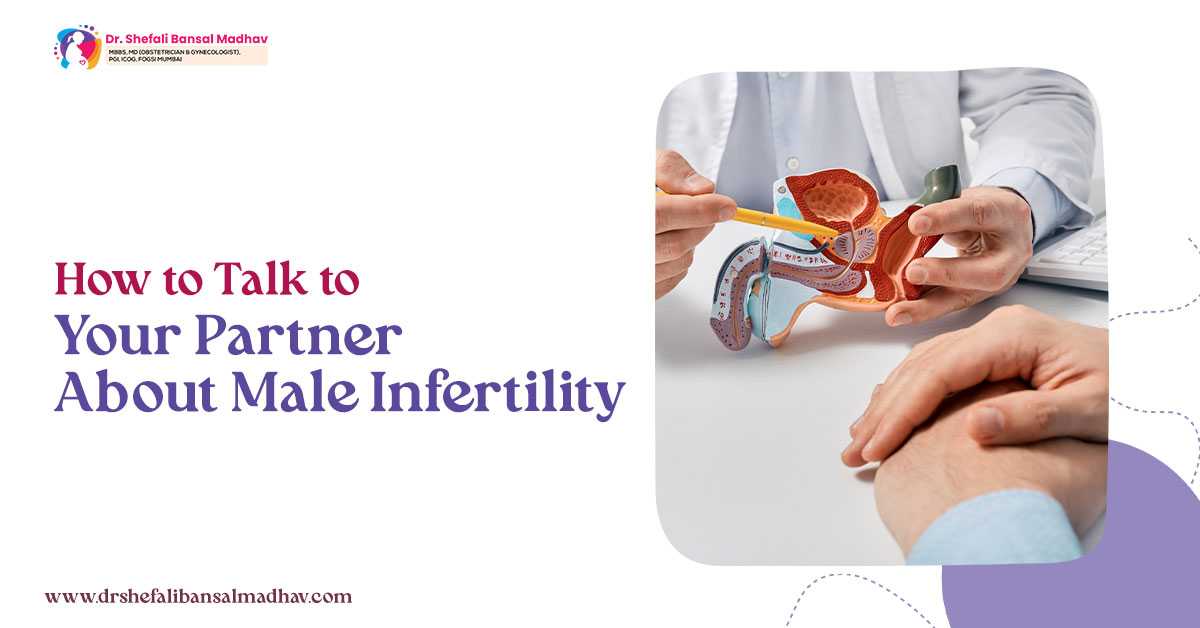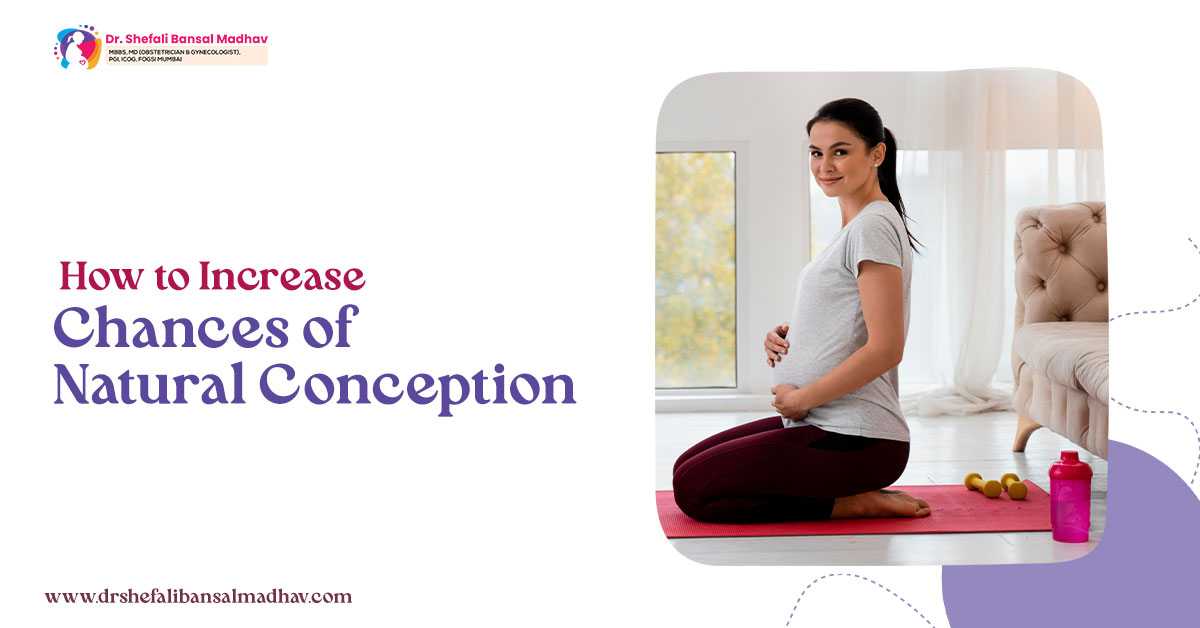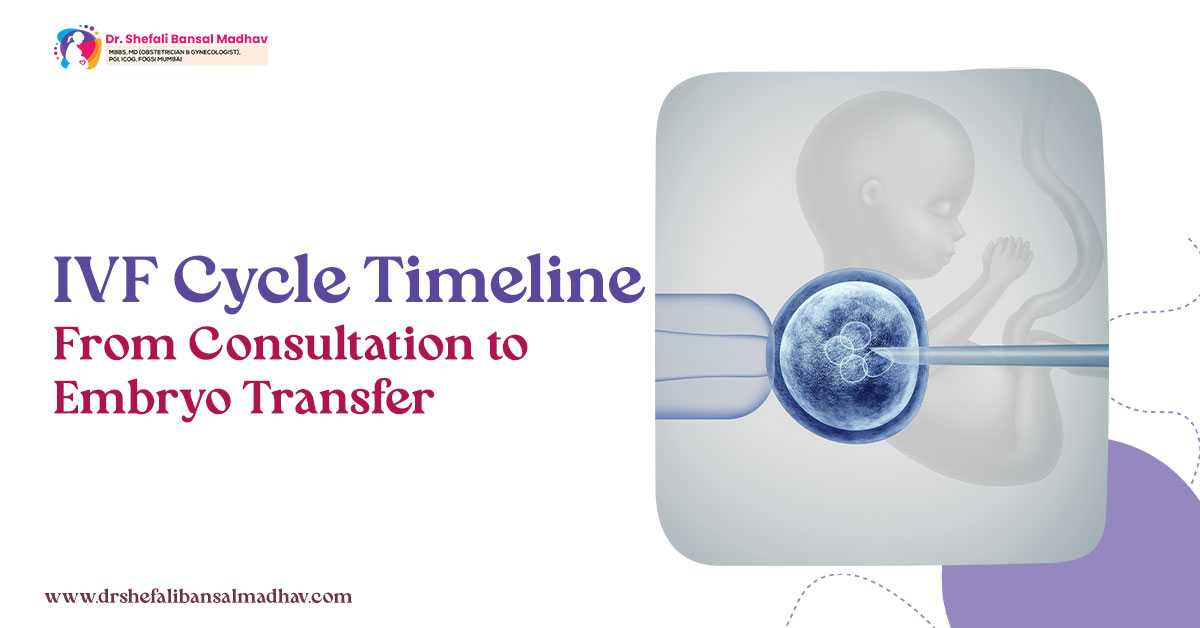While the number of late marriages increases, late marriages are nothing new. In women, by the age of 30 years, fertility begins to reduce. In men, by the age of 40-45 years, sperm quality starts to decline. These days, women and men are both career-oriented. Hence, late marriages are quite common.
However, infertility is not exclusive to advanced paternal age. Anyone can have infertility, and the reasons can be birth defects, stress, hormonal imbalances due to thyroid, PCOS, etc. Consult the best infertility specialist in Siliguri for male and female fertility problems.
Let’s talk about some common fertility issues in late-marriage couples.
Not necessarily every late-married couple will undergo fertility issues.
Low Ovarian Reserve
As a woman ages, the number of usable eggs begins to decline. This condition is known as diminished ovarian reserve, low egg count, and low ovarian reserve. Though getting pregnant with low ovarian reserve is tough, it is not impossible. Talk to a fertility doctor for low ovarian reserve troubling your pregnancy.
Hormonal Imbalance with Age
Hormonal imbalance and aging often go hand-in-hand. Plus, if you have PCOS, thyroid, etc., these can cause more trouble in getting pregnant. Changes in hormonal balance can affect the menstrual cycle and ovulation in women.And, this can causeerectile dysfunction, premature ejaculation, and sperm production in men.
Increased Risk of Miscarriages
Advanced maternal agecan put women at a higher risk of miscarriage because of chromosomal abnormalities in the fetus. Maybe, the fetus has extra chromosomes or missing chromosomes. Data show that about 25% of the risk of miscarriage is there for women by age 40. See the top infertility doctors in Siliguri.
Factors that contribute to infertility – Let’s explain
Besides advanced age affecting fertility, things like stress, smoking, and alcohol can trouble your fertility health.
- Active tobacco use, such as smoking, can reduce the ability to get pregnant naturally. Basically, harmful chemicals in tobacco smoking affect the DNA in sperm and cause a fast loss rate of eggs.
- Alcohol use is unsafe for fertility in men and women. Heavy alcohol consumption can cause low testosterone, low sperm motility, and low sperm count in men. Too much intake of alcohol can change ovulation cycles, leading to irregular menstruation. It can result in problems with the ovarian reserve.
- Being overweight can interfere with male and female fertility by impacting ovulation and sperm production. You can talk to your general healthcare provider about weight management through diet and exercise.
- Being underweight can affect your fertility health too. While men with low BMI (body mass index) may suffer from low testosterone, women with low BMI may experience ovulation issues due to hormonal changes.
- Lack of exercise or physical activity can affect your reproductive health. Likewise, too much or vigorous exercise might affect fertility health. You can aim for moderate-intensity workouts and should consider breaks between doing these activities.
If you have been facing trouble conceiving, don’t stress out yourself. There are effective treatments available to treat infertility. These include fertility medications, lifestyle modifications, surgery, and assisted reproductive technology, such as IVF, and ICSI. Free yourself from stress and talk to the top infertility doctor near you.





